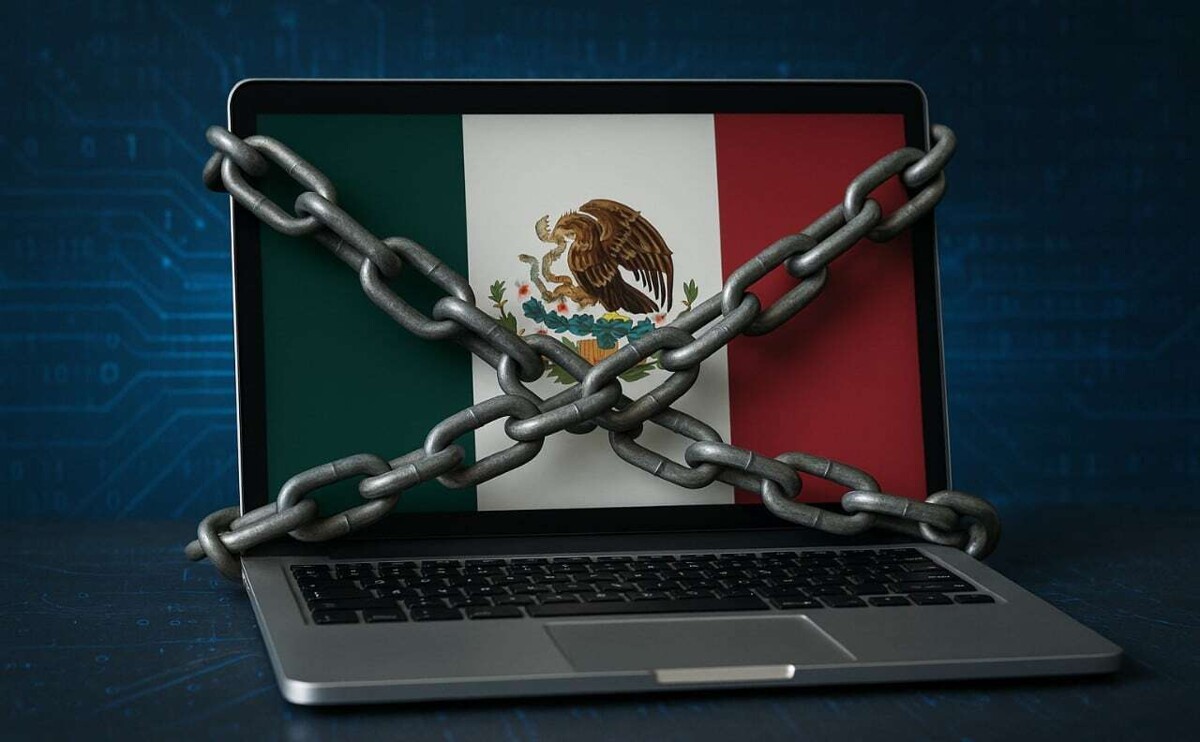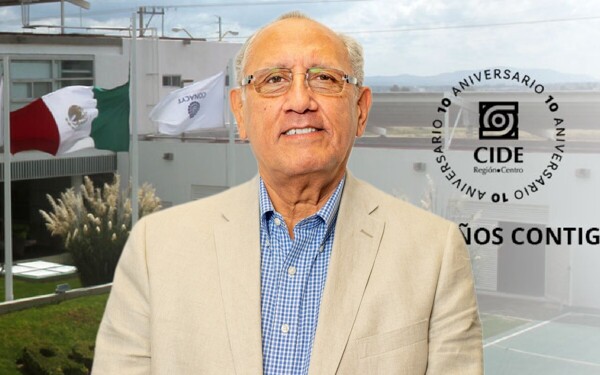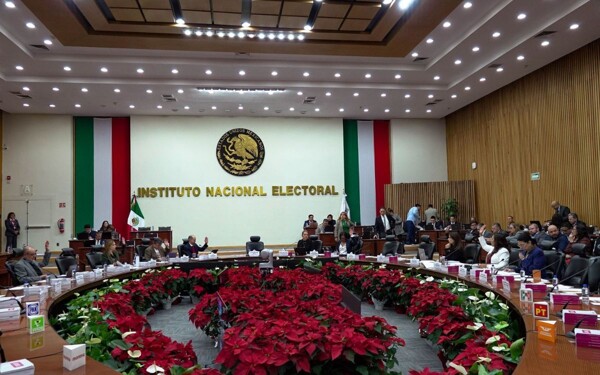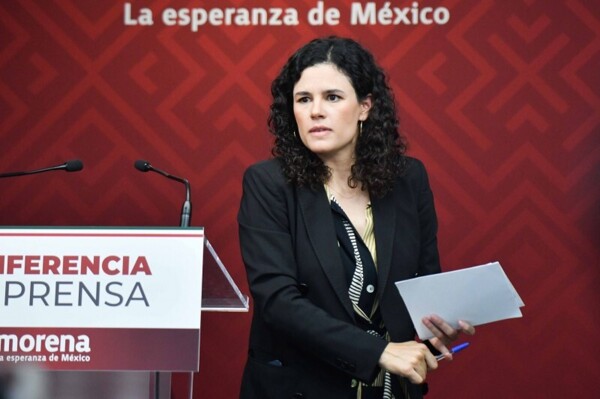
In Mexico, a new telecommunications law is being discussed that proposes significant changes compared to the previous one. One of the most notable aspects is the inclusion of powers to exercise greater control over the media, monitoring its content and having the ability to interfere in contracts and commercial aspects. This measure has raised concerns among various sectors of society.
Amid this debate, political figures like former President Zedillo have expressed their worry about the authoritarian turn the country could take with this new law. It is suggested that post-truth could become the guiding principle of telecommunications and broadcasting policies, which risks freedom of expression and individual rights.
One of the most controversial points is the intention to create a registry of cellular phone users, which is perceived as an attempt to control the private communications of citizens and could violate the right to privacy. The lack of transparency in the formulation of the law and the absence of clear criteria have generated criticism and doubts about its true intentions.
International organizations like the UN have urged the Mexican government to review these reforms, noting that they could affect freedom of expression and the fundamental rights of citizens. It is called for respect for international standards regarding human rights, expression, and information.
The law has been criticized for its unilateral and discretionary nature, as well as for the lack of consultation with specialists and society in general. It is pointed out that the concentration of power in a single entity and the possibility of censoring content without a clear justification represent a setback in terms of rights and freedoms.
In this context, confrontations between figures like Carmen Aristegui and Televisa have highlighted the importance of ensuring plurality and freedom in the media. Concerns about potential abuses of authority and violations of freedom of expression persist amid a climate of uncertainty regarding the future of communications in Mexico.














